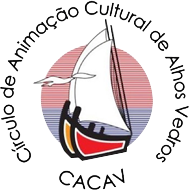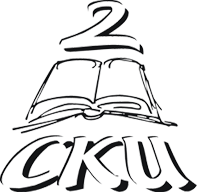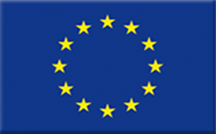Intention
TdT’s concept of Adult Education
The experience of participating in a dance project in adulthood help in the lifelong development of individual identity, a help that stimulates and enhances the cognitive, social and moral development of individual competencies. Our goal is to stimulate lifelong learning and to set impulses which, in the ideal case, lead to individual processes being set in motion and continued.
The value of wellbeing
People find themselves often at a critical point in their lives where they need to be in a dialogue with others as well as have adequate activities in order to gain positive perspectives for the future, to find meaning in life and to see themselves as part of society. Our vision is that in dance lies the potentiality for change; its role is to provide tools and possibilities for shaping a better inclusive society. By creating conditions for people with different life experiences, genders, ethnicities or social backgrounds to engage in a common artistic process, dance provides an answer to those needs by producing a framework for the participants to meet in a protected environment, where they can strengthen their self-confidence and establish personal relations.
The factor Lifelong Learning
It has been recognized that ontogenetic development is a lifelong process. No age category monopolizes human development. Over the entire life span, continuous and cumulative, but also surprising and discontinuous learning processes can occur.
(Ontogenesis: The development of an individual organism from the earliest stage to maturity.)
The Process
Starting position
95 young people started engaging with choreographic practices often they were motivated by expectations of social nature as well as willingness to have a transcultural learning experience via bodily artistic methods. Many of them had never danced before. In addition there was a broad range of learning and studying experiences among the groups: some were students, some were unemployed, some were in professional and language training due to their refugee/migrant status and a few of them were already earning a living on the job market.
Orientation points
A structure for the rehearsal was establish:
- ice breaker: for the people to get know each other and to exchange
- establishing a fixed warm up at the beginning of the rehearsals, which is to be practised throughout the whole period
- discussing the topic of the performance and finding movement material.
- Participants were invited to find new solutions and alternative ways to deal with issues and challenges, thus developing new learning processes playfully.
- the ideas of the participants, the small choreographies and movement phrases they created and the material from the choreographer were put in a structure.
Position of arrival
- Around 95 people completed the project with six performances
- for 32 people, the experience of performing for the first time was both challenging and satisfying. There were some young people with a disability, i.e. dancer in a wheelchair and it was observed that the choreographer was able to deal with the group constellation very well and integrate everybody into the learning process, which was then noticeable in the choreography.
Critical Points
Future developments
Our program focuses on implementing projects that are accessible to everyone, while particularly addressing people with deprived backgrounds and encouraging diversity amongst the participants. Our mission is equally artistic and social.
We would like to reach more participants from places where art and culture aren’t readily available or even known of.
Why? Because we believe that the participation in an artistic process can open doors for people who have been left aside by our society. It can give a new perspective and an impulse for participants to take control of the path they want to take in their life and for them to make active decisions.
Our work also aims to be a holistic one. We believe that arts can and should raise awareness of environmental issues and that we should extend empathy, compassion and kindness not only to humans but to all creatures.
New orientation points
We want to establish interviews with participants for all projects to evaluate our activities and get a deeper insight.
We also want to work more interdisciplinary.





